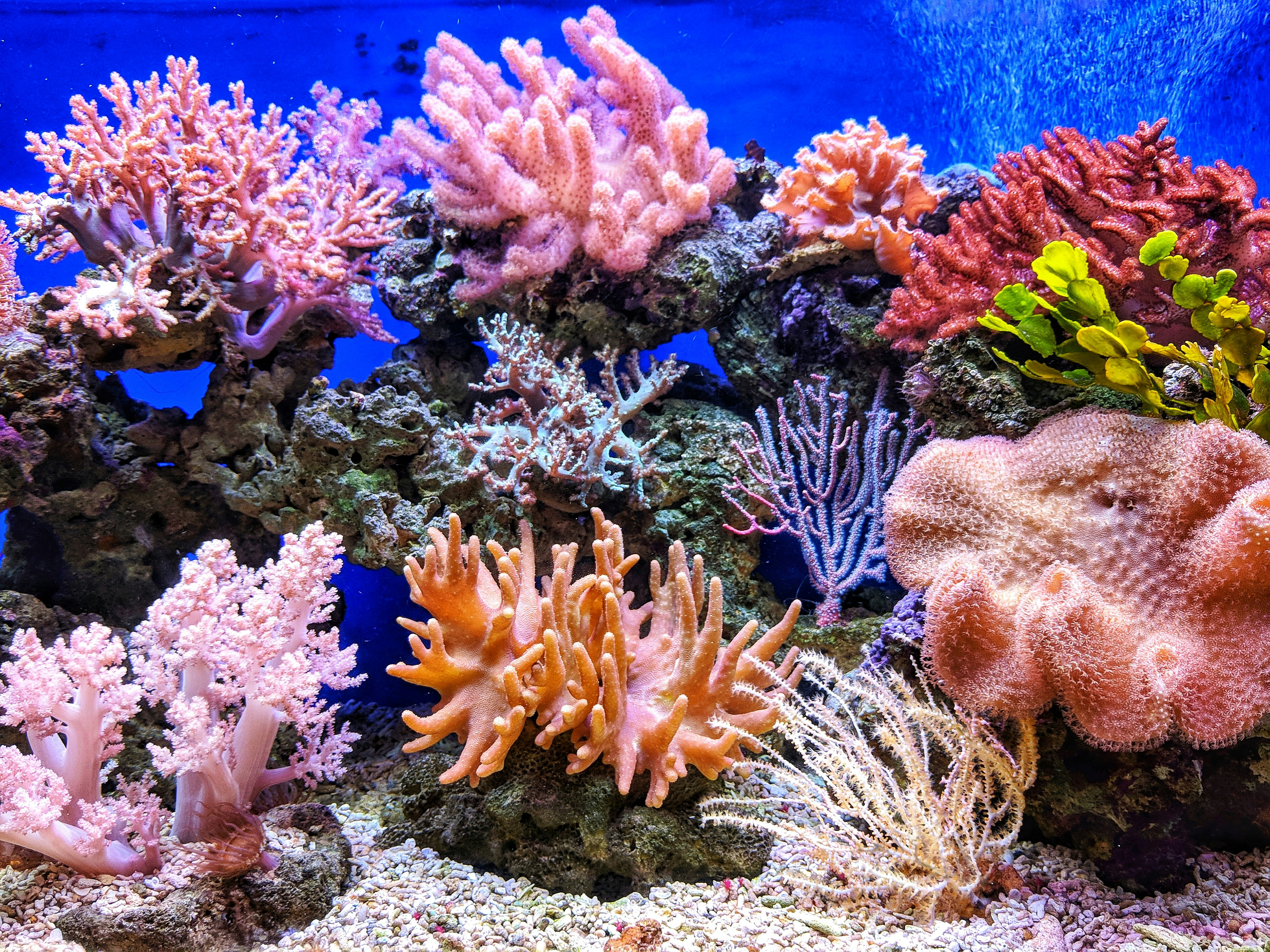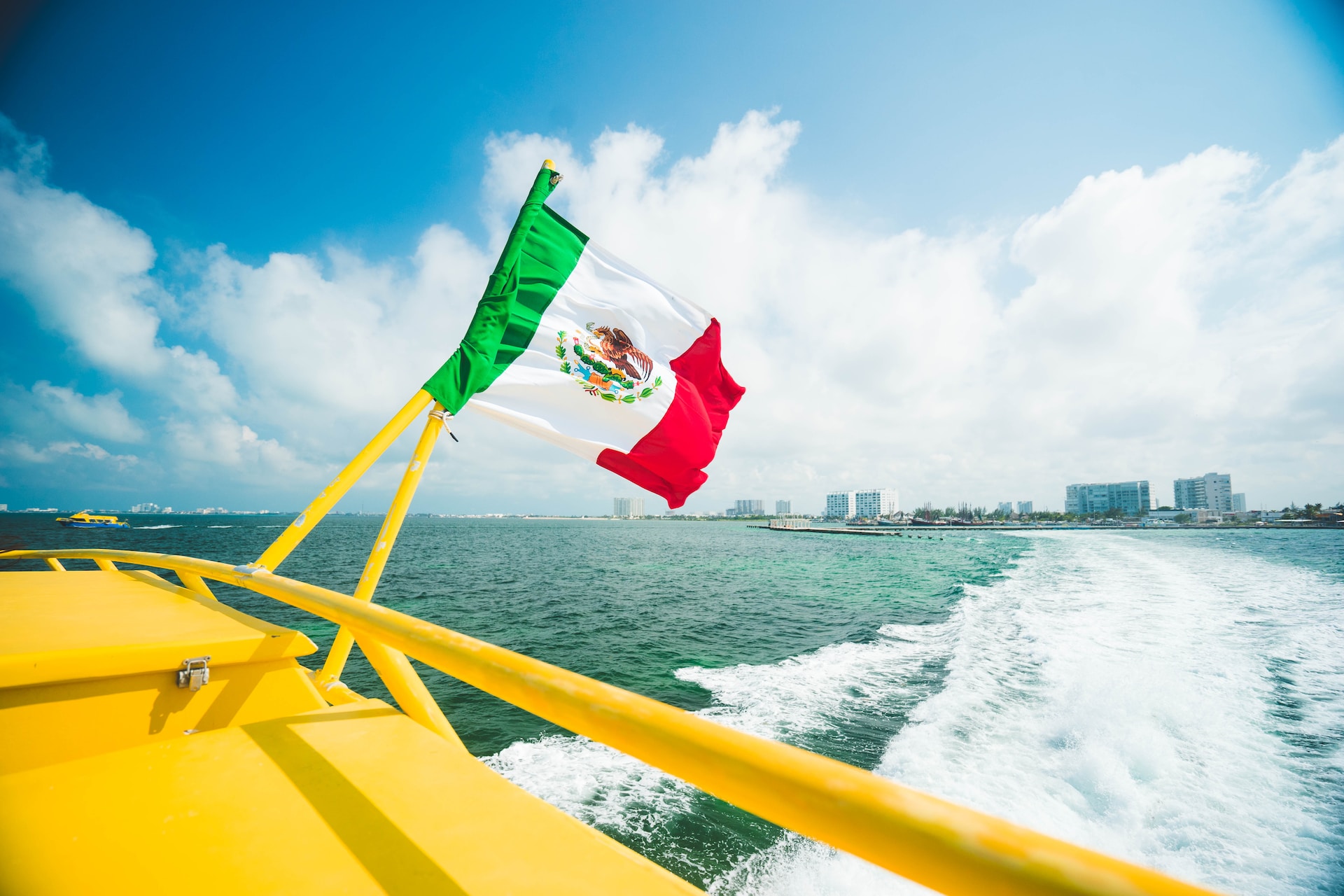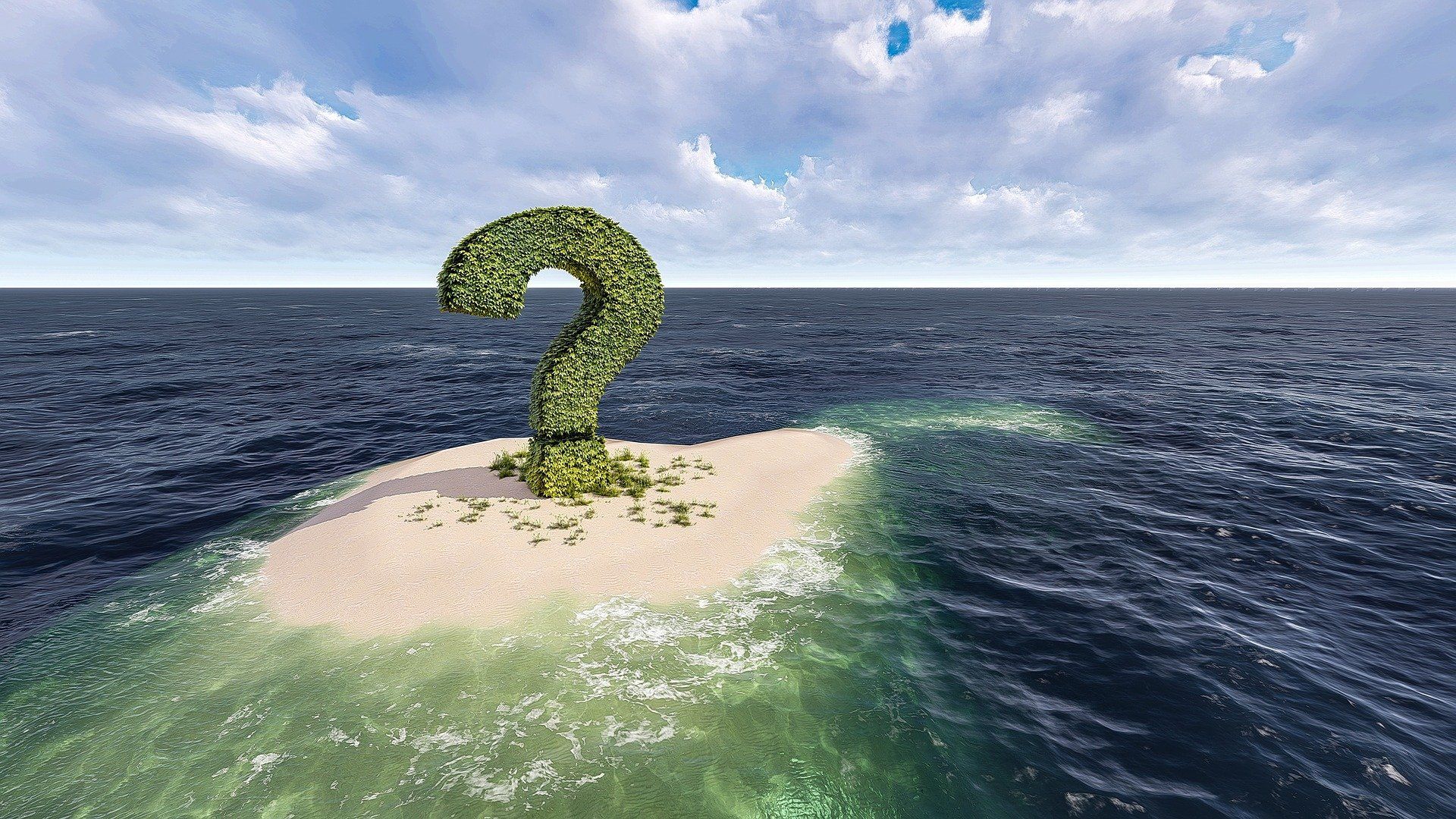Each year on June 9th, people around the globe come together to celebrate Coral Triangle Day, a special occasion dedicated to raising awareness about the incredible marine biodiversity found within the Coral Triangle. Often referred to as the "Amazon of the Seas," the Coral Triangle is one of the most vital and diverse marine areas on the planet - yet it faces serious threats.
In honor of the Coral Triangle, we thought it would be a nice idea to explore what Coral Triangle Day is all about, where it is celebrated, why it matters, and how you can get involved in protecting this natural treasure.
What is Coral Triangle Day?
Coral Triangle Day is an annual celebration that shines a spotlight on the Coral Triangle region’s extraordinary marine life and the urgent need to conserve it. The Coral Triangle covers approximately 6 million square kilometers (about twice the area of India) of ocean, spanning the waters of six countries: Indonesia, Malaysia, the Philippines, Papua New Guinea, the Solomon Islands, and Timor-Leste.
The area is recognized for having the highest diversity of coral reef species in the world, home to:
- 76% of all known coral species
- Over 2,000 species of reef fish
- Six of the world's seven marine turtle species
- Important populations of whales, dolphins, and dugongs
Coral Triangle Day was established to promote the conservation of these critical ecosystems while celebrating the cultural and economic importance they hold for millions of people. It aligns with World Oceans Day (June 8th), continuing the focus on global marine conservation initiatives.
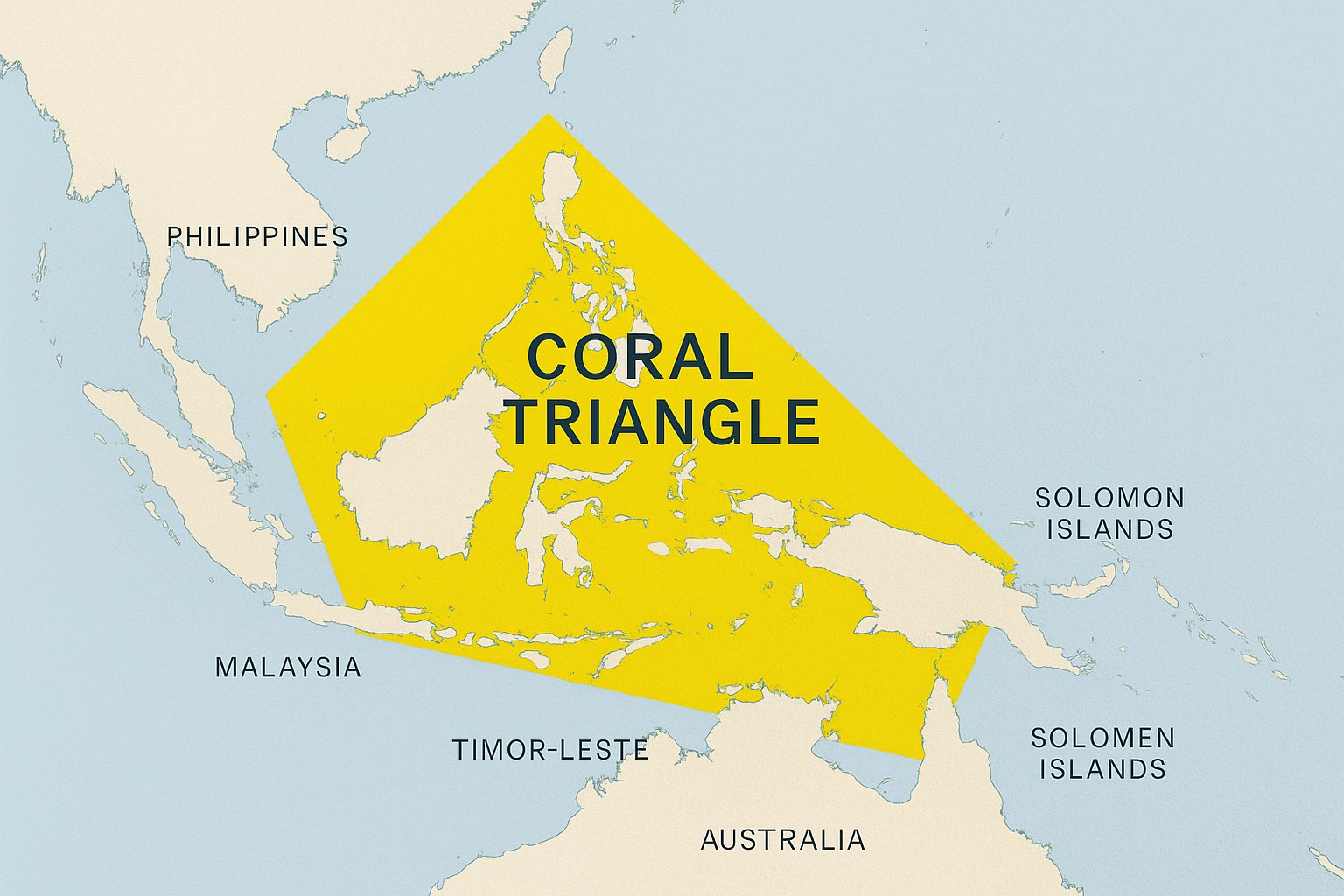
Where is Coral Triangle Day Celebrated?
The main celebrations of Coral Triangle Day naturally take place in the six countries that form the Coral Triangle, as we’ve just mentioned, these are Indonesia, Malaysia, the Philippines, Papua New Guinea, the Solomon Islands, and Timor-Leste.
In these countries, events often include:
- Beach and underwater cleanups
- Educational workshops and public talks
- Cultural festivals showcasing traditional marine practices
- Sustainable seafood fairs and cooking competitions
- Art exhibitions and community art projects inspired by marine themes
However, Coral Triangle Day has an international reach too. Marine conservation organizations, diving communities, eco-tourism groups, and schools around the world often organize activities to show their support and raise awareness, even if they're thousands of miles from the Coral Triangle itself.
The goal is simple: to inspire global action to protect one of Earth's most precious and endangered marine environments.
Why is Coral Triangle Day Important?
The Coral Triangle is often described as the nursery of the seas, playing a critical role not just in maintaining marine biodiversity but also in supporting millions of people’s livelihoods.
Economic Importance
- Over 120 million people live directly within the Coral Triangle region.
- Fisheries from this area contribute significantly to local and global seafood supply.
- Tourism linked to coral reefs generates millions of dollars annually for local economies.
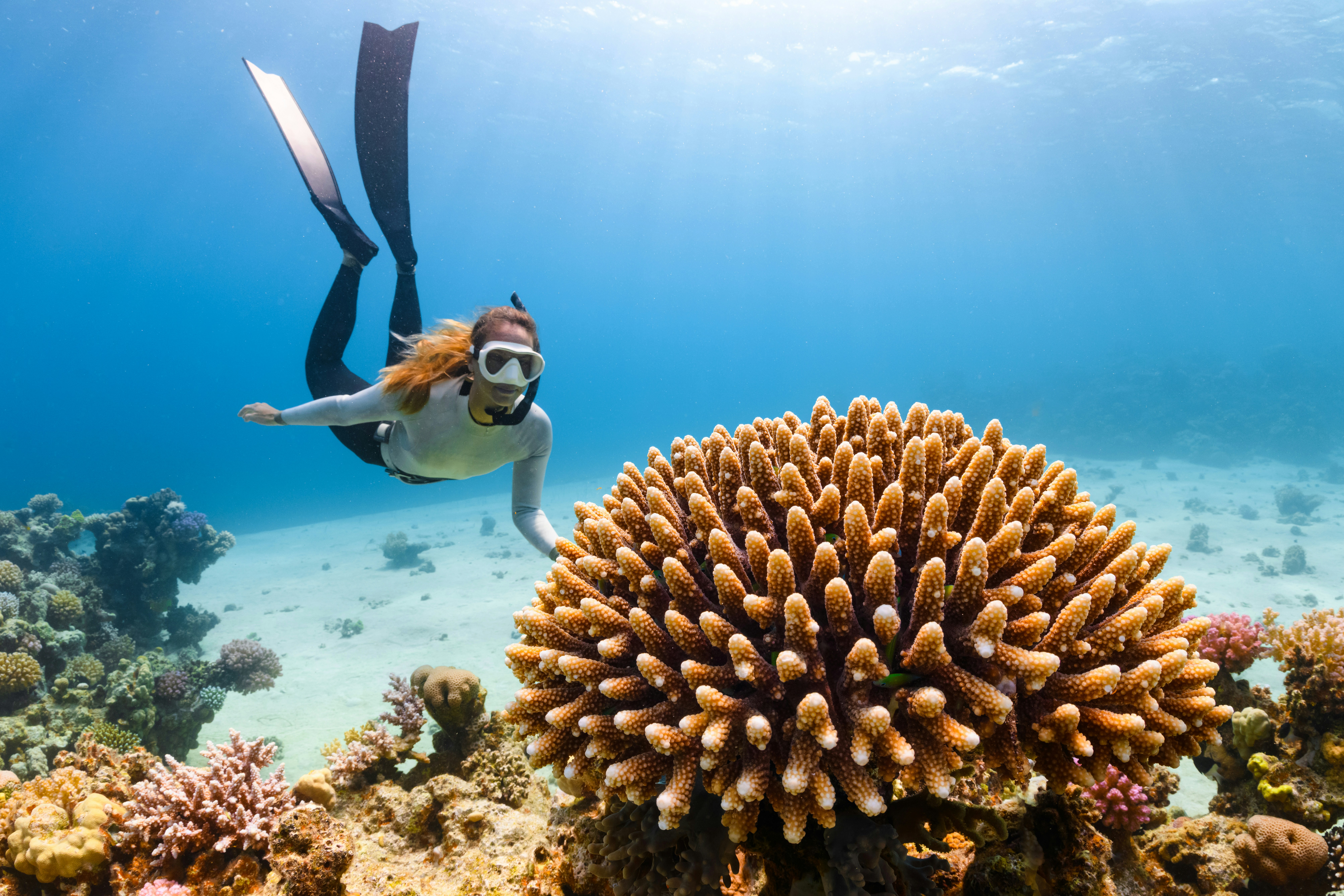
Environmental Importance
- Coral reefs act as vital coastal protection, buffering communities from storm surges and erosion.
- The Coral Triangle is a major carbon sink, helping to regulate the Earth's climate.
Cultural Importance
- Indigenous and local communities in the Coral Triangle have rich cultural traditions deeply tied to the sea.
- Traditional knowledge about sustainable fishing and ocean stewardship has been passed down for generations.
Conservation Challenges
Despite its importance, the Coral Triangle faces serious threats:
- Climate change (leading to coral bleaching and sea temperature rise)
- Overfishing and destructive fishing practices
- Marine pollution, especially plastic waste
- Coastal development and habitat loss
Celebrating Coral Triangle Day reminds the world of the urgent need to protect, restore, and sustain these ecosystems for future generations.
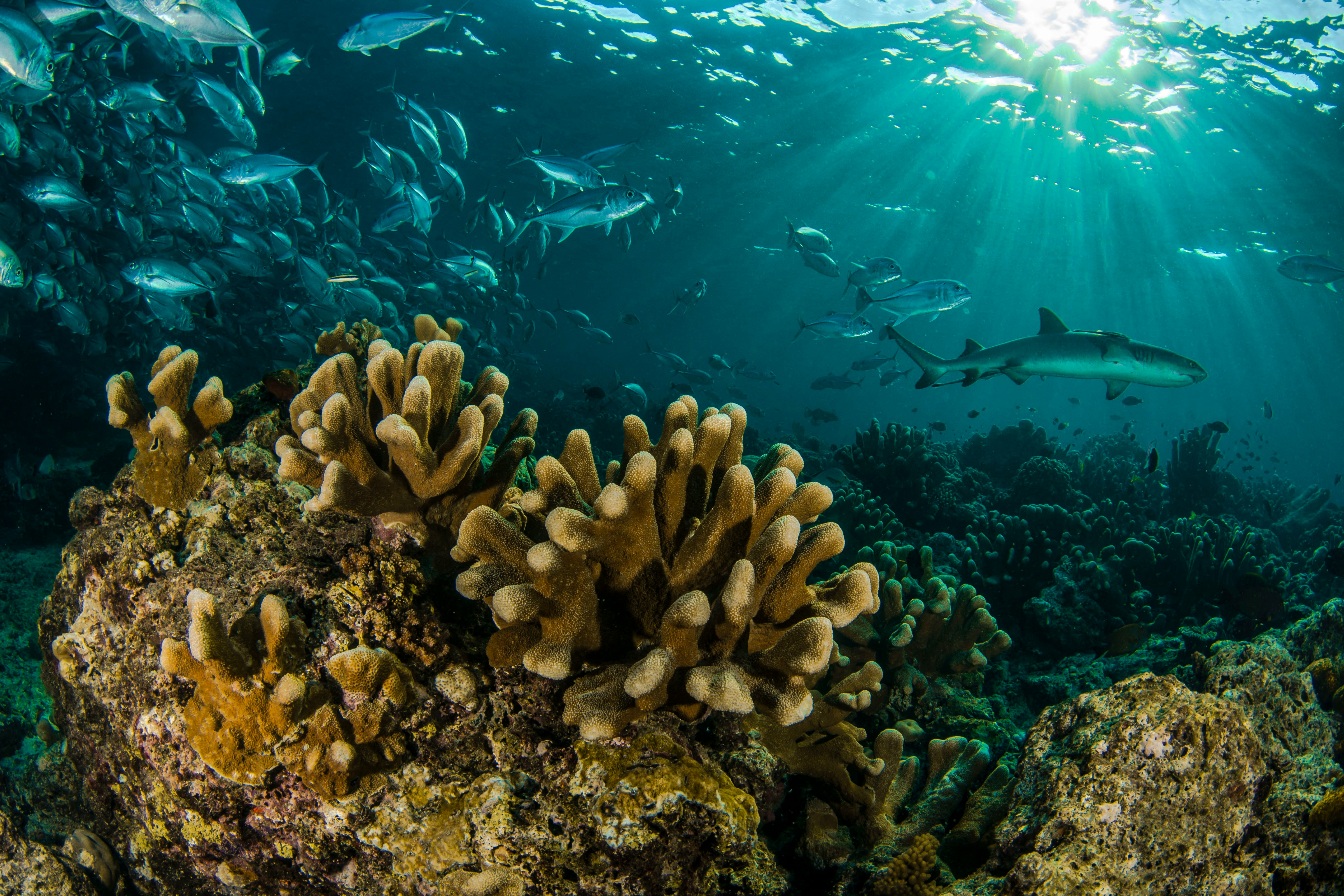
How You Can Get Involved
You don't need to live near the Coral Triangle to make a difference! Here are some meaningful ways you can take part in Coral Triangle Day and help protect marine biodiversity:
1. Educate Yourself and Others
Learn more about the Coral Triangle and share what you discover with friends, family, or your community. Raising awareness is the first step toward creating widespread change.
- Watch documentaries about coral reefs and marine life.
- Attend webinars or talks hosted by conservation organizations.
2. Support Coral Triangle Communities
Many local organizations work on marine conservation, sustainable fisheries, and eco-tourism projects in the Coral Triangle. Consider:
- Donating to trusted NGOs
- Supporting businesses that practice sustainable tourism and fishing
3. Reduce Your Plastic Footprint
Marine pollution, particularly from plastic waste, is a massive threat to coral reefs.
You can help by:
- Using reusable bags, bottles, and containers
- Participating in or organizing a beach cleanup
- Advocating for plastic reduction policies in your area

4. Make Ocean-Friendly Choices
- Eat sustainably sourced seafood.
- Support brands and companies committed to ocean conservation.
- Choose reef-safe sunscreens that do not contain harmful chemicals like oxybenzone and octinoxate.
5. Use Your Voice on Social Media
Raise awareness by posting about Coral Triangle Day! Share facts, photos, or personal pledges to protect the ocean. Use hashtags like #CoralTriangleDay, #SaveTheSeas, or #ProtectOurOceans to join the global conversation.
Final Thoughts
Coral Triangle Day is more than just a celebration; it’s a call to action to protect one of the most critical marine ecosystems on Earth. By appreciating the natural beauty of the Coral Triangle and understanding its importance to both people and planet, we take an essential step toward safeguarding it for the future.
This June 9th, we can all play a part in honoring Coral Triangle Day by doing something - big or small - that contributes to healthier oceans and a thriving planet.

Eve Church
Eve is Martide's content writer, publishing regular posts on everything from our maritime recruitment and crew planning software to life at sea. Eve has been writing professionally for more than two decades, crafting everything from SEO-focused blog posts and website landing pages to magazine articles and corporate whitepapers.
UK

is the only site for maritime jobs

